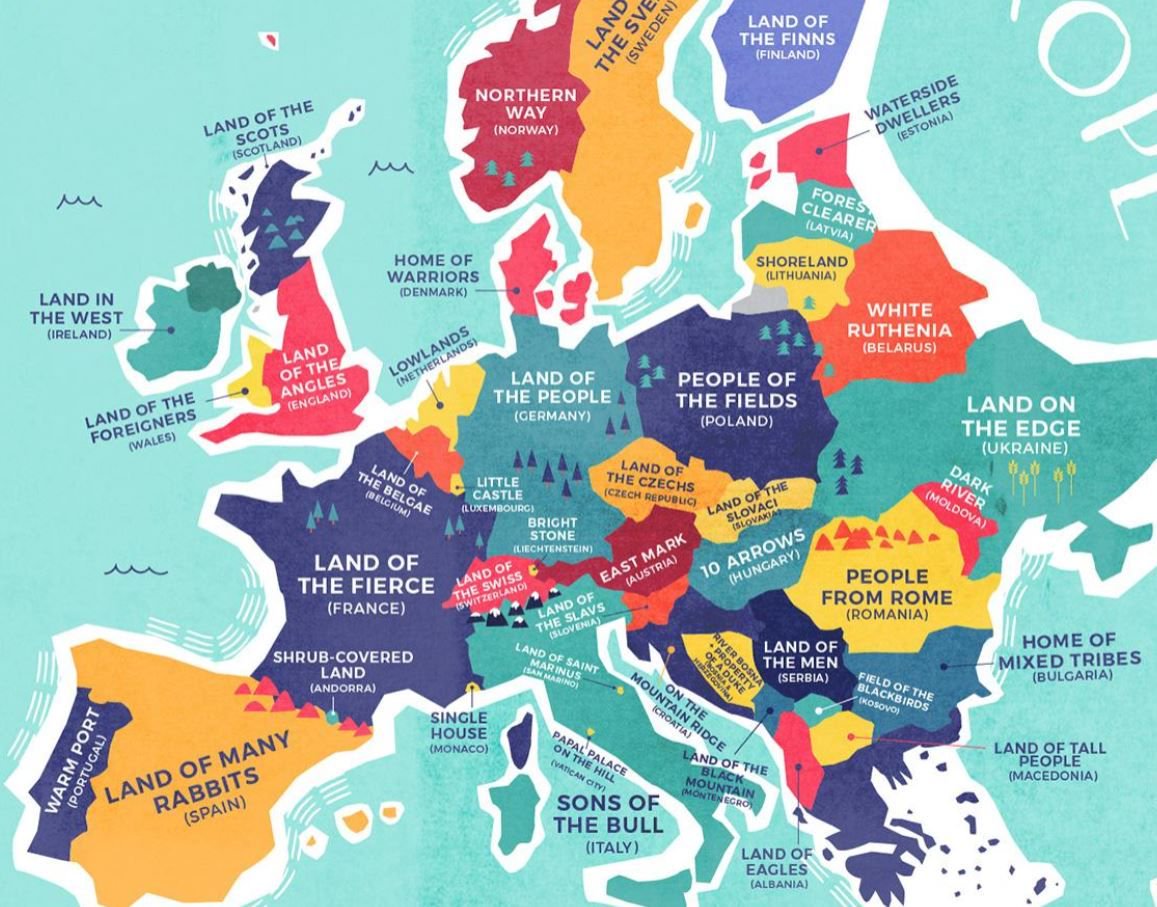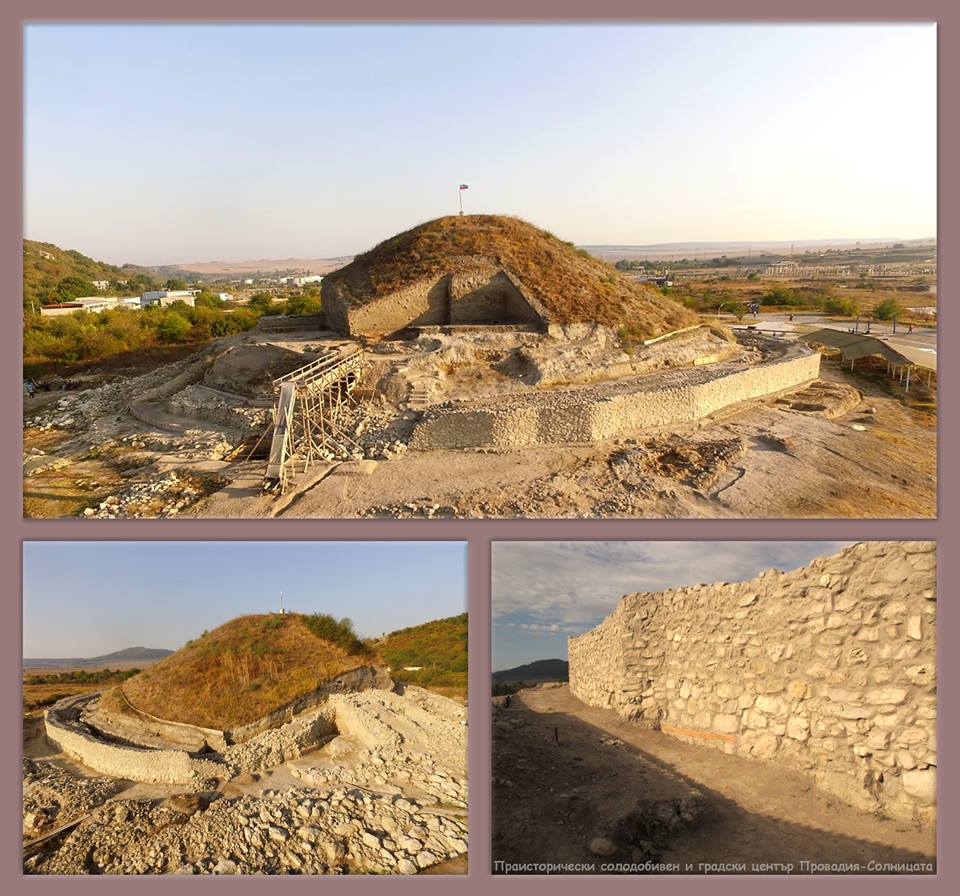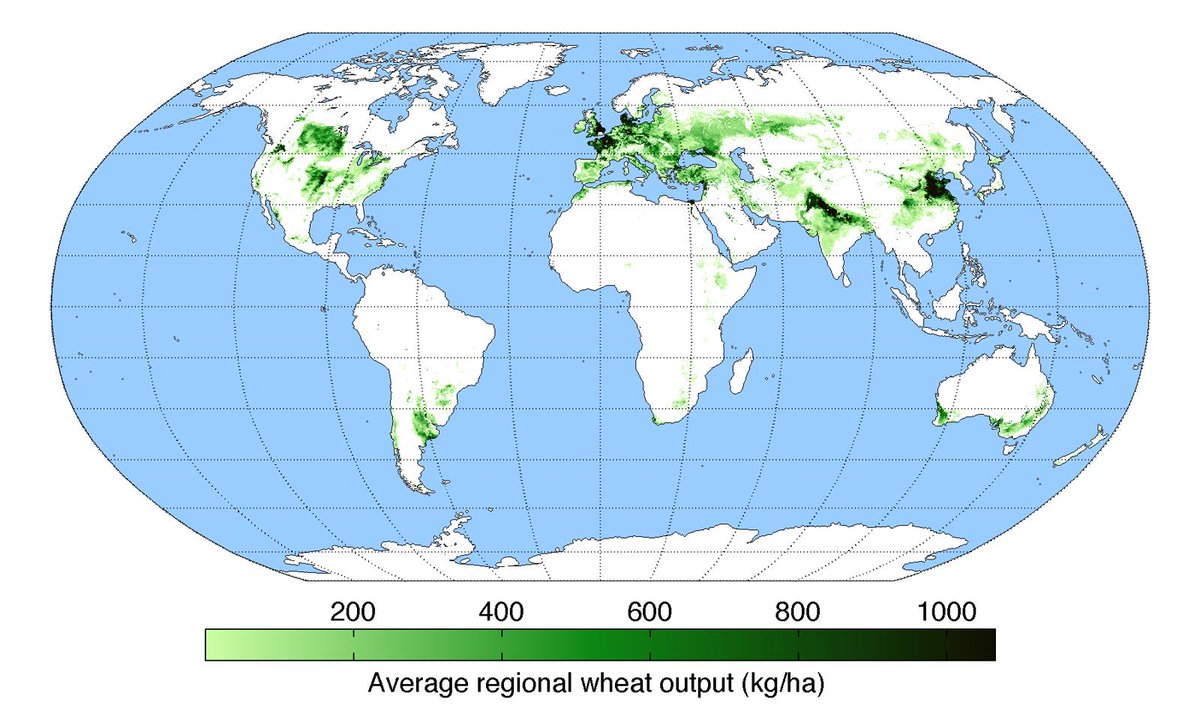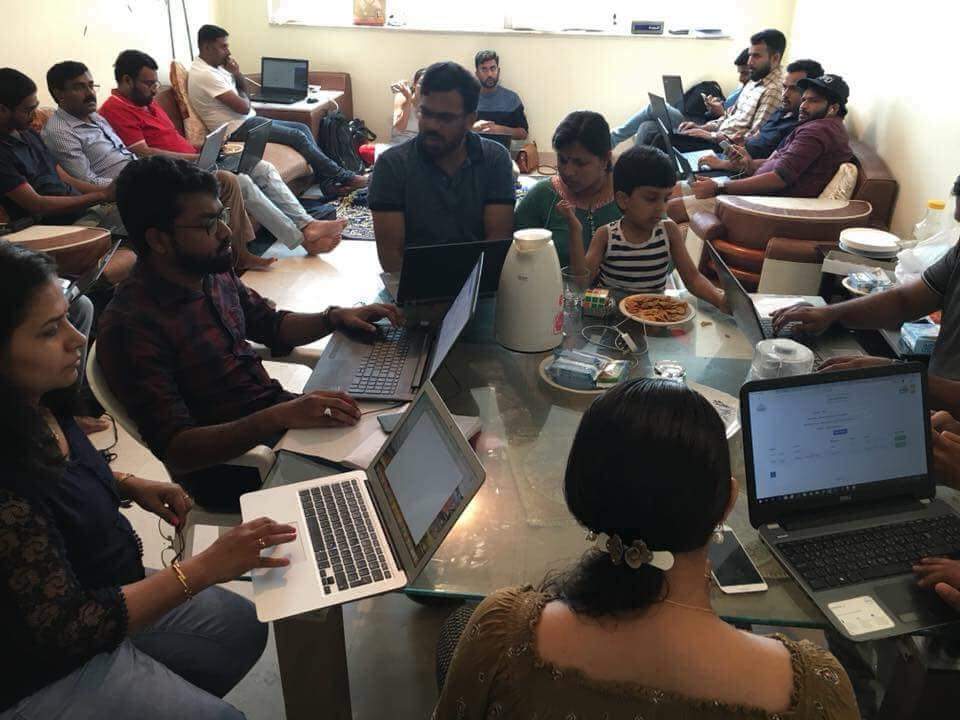But at some places, it is wrong. And at some places, the words are not analyzed with sufficient depth.
They reply “Nothing. It is just our name.”
But two types of names are common:
1) Related to agriculture
2) Related to the understandability of speech
Sometimes, it is qualified by a direction: where this tribe is located relative to the dominating population in the area.
So, Telugu means “southern speech”.
In Sanskrit, the related word is “Śloka”, which means a “verse” or “voice”.
“Deutsche” means “people who we understand clearly”.
In Sanskrit, the related word is “Dyotaka” (adj: meaning, illuminating, making clear).
One important Celtic people are the Britons/Bretons.
I suspect this word is related to “bru” (speech) in Sanskrit. (Eg “Satyam bruyat” speak the truth).
The related Sanskrit word is “polati” (to grow).
The funny thing is the word for a field in Telugu is also “polam”.
But I think there is a clue in the pagan deities of the Slavic people. Uroda (“ur” from irrigated, “oda” from water) is the goddess of agriculture.
The word “Ārya” is also the root for the name “Eran” or Iran. The ancient Iranians were also experts in irrigation.
I think this denotes irrigation practices introduced by the western Zhou kings (probably influenced by Iranians/Indians).
indiafacts.org/chinese-self-d…ᾱrya/
















